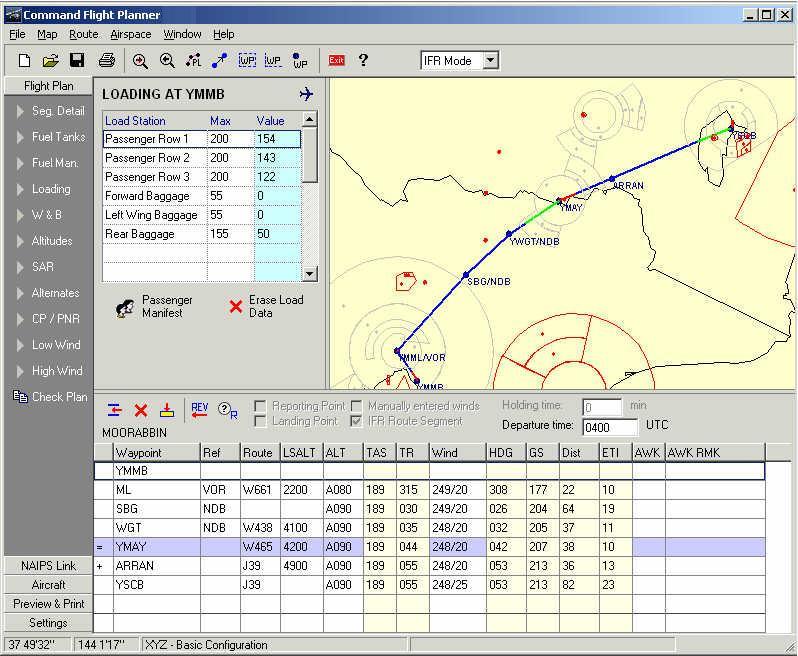

She may especially disdain those notes containing the phrase “I can’t imagine.” Your friend doesn’t care about your guilt, your excuses, your schedule to her, your condolence note, even a late one, could be a gift from a parallel universe where love and friendship can be reliably counted in days off, date nights, and coffee klatches. She will remember certain condolence notes as surprisingly meaningful and others as dashed off, obligatory, like a gift purchased from an airport store. She will remember - possibly as long as she lives - who offered to walk the dog, who made the Bolognese, and who sent the hummus platter. Perhaps as a way to rebalance the scales of cosmic unfairness, some crude, Old Testament part of your friend’s mind has assumed the role of condolence accountant, tabulating the incoming gestures and cards. Recovering from serious illness is like landing in a foreign country at night in the fog: a terrifying muddle with no clear horizon.īut just because your friend is unmoored by grief, don’t make the mistake of believing she isn’t keeping track. Caring for a sick loved one is like fasting: an ungrounding exercise of devotion and deprivation. Spending long periods in a hospital is like being on the moon. Your friend, meanwhile, is in the midst of an alternative timeline that began with the death or diagnosis and unfolds in a way that refutes clocks or calendars. We sparked office arguments and made messes and ended up with a guide that we hope will stand the test of at least a bit of time - until the next great exciting social upheaval. We talked to friends, entertaining experts, and service workers. (“It’s been great to chat” didn’t quite land when we used it as a way to exit a boring conversation at a holiday party.) Others felt like instant canon (we agreed, for example, that text-message amnesty is granted after 72 hours). Then we took our own medicine - we implemented these rules in our professional and personal lives. From there, we created rigid, but not entirely inflexible, rules.

We asked people instead what specific kinds of interactions or situations really made them anxious, afraid, uncertain, ashamed. So we started with the problems - not the obvious stuff, like whether it’s okay to wear a backpack on the subway or talk loudly on speakerphone in a restaurant (you know the answers there).


 0 kommentar(er)
0 kommentar(er)
